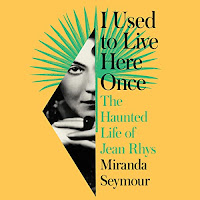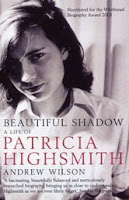The plot involves a phone call from Switzerland, a Russian agent called Lekarev asking for help from SIS director of operations Neil Burnside, the central character of the TV series and a man usually behind his desk in Whitehall. Against his own better judgment, Burnside is sent out to Switzerland to meet this Russian agent who may want to defect - but who may be up to something else entirely.
It becomes clear that Lekarev is a very senior Russian agent, one of the so-called 'Numbers'. In fact, he's number 50, with responsibility for infiltrating the British Government. He knows which members of the Cabinet are actually Russian agents. Rather than allow this to come out, the Russians want him dead - and so do the British. And since Lekarev might say something to Burnside, orders are issued to kill Burnside, too. His own underling, Willie Caine, is dispatched to do the job.
But what is really motivating Lekarev and who are the third party, prepared to shoot people in broad daylight?
Over the years, I've read various reports of this novel, variously critiquing its logic or how much it matches the TV series. I think Donald Lancaster - a pseudonym for thriller writer William Marshall - has done pretty well matching the grim mood but in a location beyond the modest budget of the show. (This was my brief when I wrote a tie-in novel for Primeval.)
By sending Burnside out on a mission, Lancaster ups the stakes with the effect that this feels a bit like a series finale. Right to the end, I couldn't see how Burnside could possibly get out of his predicament - or Lancaster save him without cheating. But the solution is ingenious and I just about buy it.
What's harder to buy is the idea of a Cabinet full of Russian agents who in turn dictate the orders given to SIS. The TV show made an asset of keeping things mundane and drab and boring, tension conveyed by people anxiously waiting for telephones to ring. Think of a Number is much more in Bond territory with this high-level conspiracy. And then it does little with it: we're meant to believe that, while not part of the conspiracy, Burnside's superiors go along with their orders and the imposed death sentence. It's trying too hard; it's too daft.














































